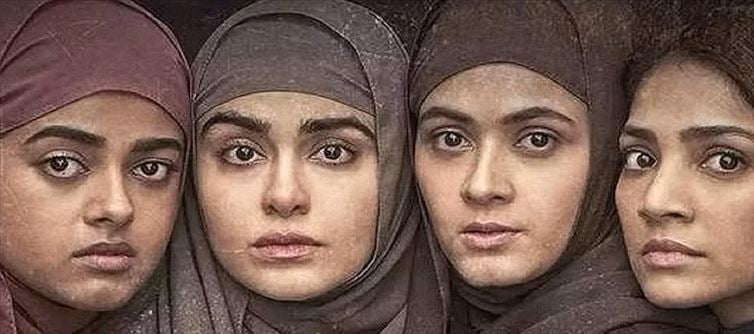
The movie, as expected, has sparked a hornet's nest. Exposure to a known fact always has such an effect.
There is no doubt that conversions of females occurred in Kerala. Additionally, neo-converts—even girls—were dispatched on jihadi missions abroad to fight for ISIS. In these missions, no women were hired for combat duties. These women were jihad prostitutes who catered to the comfort needs of jihadi men. We became aware of the tale when some of them requested the indian authorities to extradite them from Taliban prisons in Afghanistan.
What was the Muslim community's and the liberal-secular intelligentsia's response when this news was released? Were they simply mortified by the disclosure or were they horrified beyond belief? They either dismissed it as an isolated incident or, realizing it was the tip of an iceberg, fought to stop the situation from becoming further radicalized.
Why Convert?
The Community of Converts
Politics of Conversion
Ethics of Pluralism
The Muslims were not an ongoing religious movement after the Prophet. They developed into a race centered on religion. Thus, attempting to convert non-Muslims to islam is as absurd as attempting to convert indians to Arab culture. It leads to identity uncertainty, which breeds severe fanaticism.
The Muslims would do better to acknowledge that all religions hold the same level of truth in a pluralistic country like India. If they are unable to do so, they should at least acknowledge that other people's religions are just as authentic to them as islam is to a Muslim. Therefore, attempting to convert others is unacceptable, just as does trying to change someone's gender or skin tone.
It's time for Muslims to give up the medieval concept of conquest and conversion in their own self-interest. If they didn't, this dream might become a nightmare.
Everyone should keep in mind the adage, "Don't do unto others as you would not have done unto you."




 click and follow Indiaherald WhatsApp channel
click and follow Indiaherald WhatsApp channel